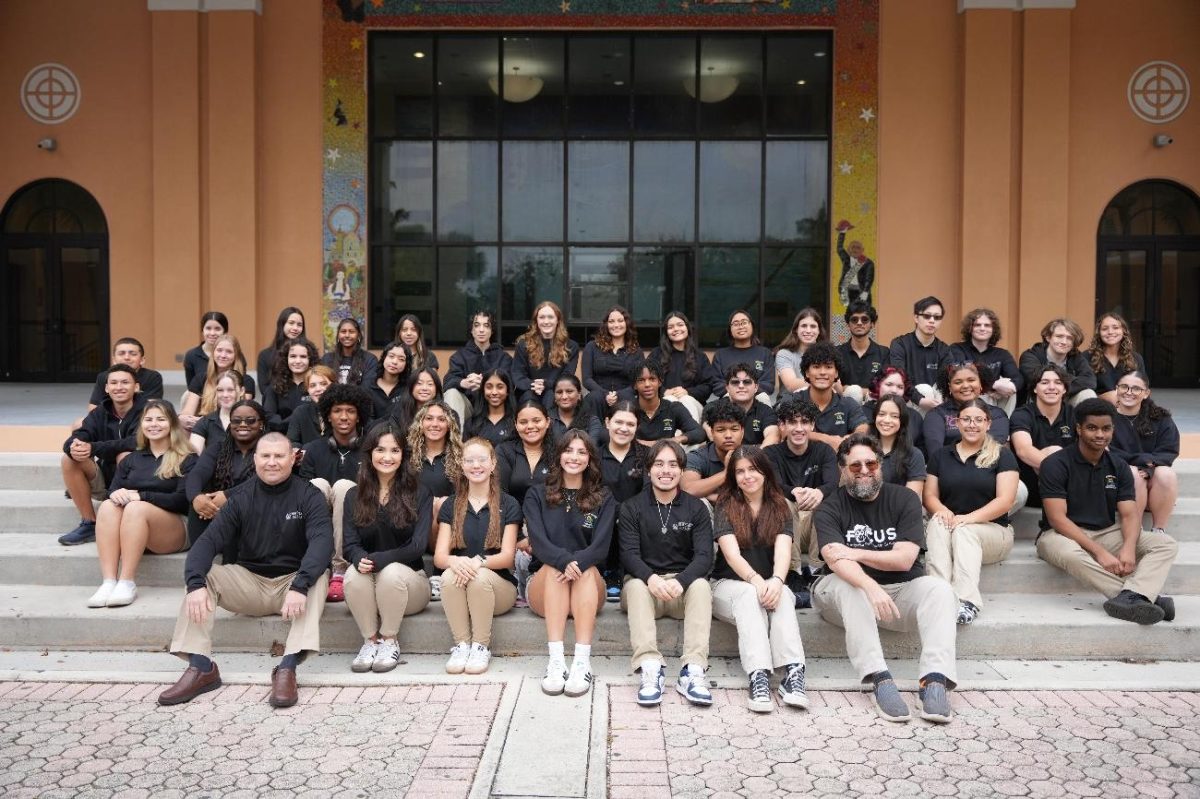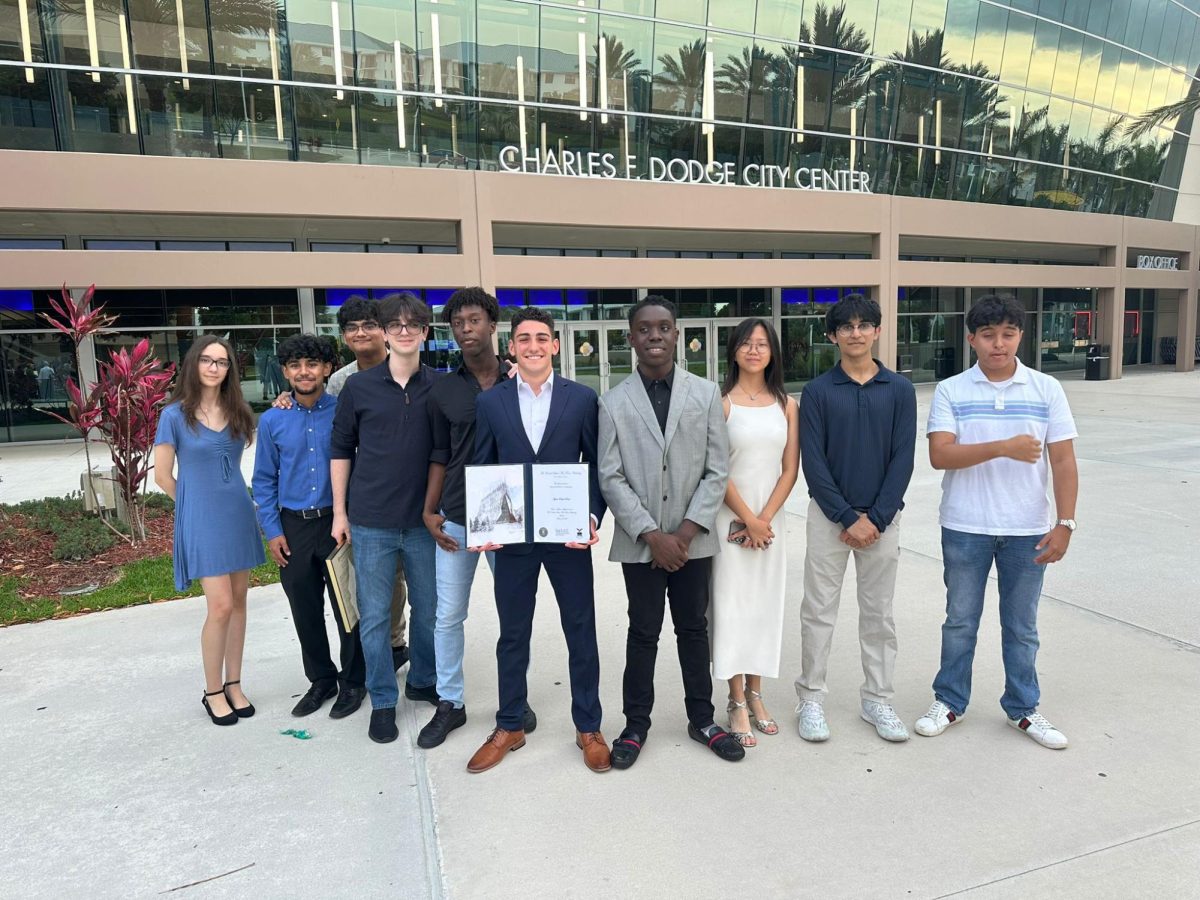When students enter high school, the first step of figuring out what they want to do for the next 50-60 years of their lives begins. With career fields like Law and Pre-Med dominating the minds of teenagers in high school, Pre-Med specifically is a misunderstood area with many misconceptions about what the field entails. With all the negative stigmas surrounding the occupation, many students who do want to enter the field are met with untruthful statements that can affect their choices, and ultimately, their mental health.
“Why would you want to become a doctor?” is a common question, often said with malicious intent, that many teenagers interested in medicine hear throughout their lifetime in school no matter the stage.
With objectives like personal experiences, personal interests, or just simply liking the field, there are multiple reasons why people want to become a doctor or work in healthcare. Sophomore Sebastian Lassegue states he wants to do something that “helps people,” which ultimately led him to decide that he wants to become a future Psychiatrist. With the constant questioning of why people want to become a doctor, many teens start to rethink their decisions, which can stray them away from the field. Freshman Reyna Kannan comments on what she thinks when asked that question saying, “It makes me think if I really want to go into the field.”
Another misconception that is often said is the years of schooling. Many people tend to think that the schooling to become a doctor is about 15 years, but it’s not—it’s 8. Breaking down the years, it is 4 years of undergraduate school, then another 4 years of medical school. But, the most common misunderstanding people run into is residency. Arguably, residency isn’t schooling since the physician has their medical doctorate degree, and are now training in their respective fields. So no—residency is not schooling, it’s training. But although the number of years of school is what catches many people’s attention, it is the want and drive to help people, health-wise, that counts for the amount of schooling and sacrifices made. Lassegue states that he knows that he will be in school for a long time, “but it doesn’t mean that I am throwing my life away by staying in school for all of those years.”
Considering the grueling hours that are worked during residency—usually 80—countless past and present healthcare professionals do not get the care and support that they deserve and need. Medicine is a field that has many burnouts within the community due to hospitals being understaffed, the staff being overworked, and the workplace being toxic. Annually, about 300-400 physicians commit suicide due to the lack of self-help services. Especially with the surge of health professionals committing suicide during and post-COVID, the need for self-help services for professionals suffering from depression is at an all-time high. The negative stigma about how doctors need to be “perfect” and not deal with mental health is a prevalent problem in the field, and millions continue to suffer. That is why “… any negative feelings or connotations with regards to someone’s goals or aspirations will have a negative impact on their mental health and feelings towards that particular goal. As a society, we must be better at bringing people up and not continuing to put them or their goals down… we must respect each other…,” science teacher Ms. Pardo explicitly states.
The majority of the next generation of healthcare workers are right now in high school. The support and help that they receive in their younger years can truly shape how they take care of and treat their future patients. Making sure that there are helpful resources for teens and not being ashamed to reach out for help can go a long way.
But, who is taking care of the current healthcare workers who help society? The ones who sacrifice time from their loved ones to help the ones most hurt?
Being Pre-med does seem difficult—it is—but if someone has the dedication and passion for it, it makes it worthwhile. Adding support to those who want to enter the field, science teacher Ms. McCormick says, “Medicine is an external and internal reward. You have to have motivation and find what drives you. Go back to what made you want to become a doctor and keep that in front of your mind.” In addition, no matter one’s intelligence, it is not impossible to follow medicine. There is a common misunderstanding that to become a doctor, people have to be the smartest, but it’s not true, and if working in healthcare is a dream, go for it; the sky—and possibilities—are endless.









Jordan • Feb 13, 2024 at 11:00 AM
I agree!